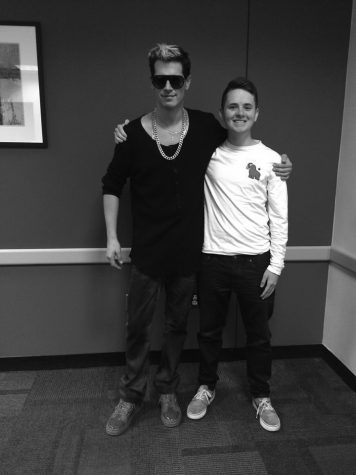Questioning authority of the Supreme Court
Since the downfall of same-sex marriage bans in five states on Oct. 6, political commentators, almost exclusively on the right, have made claims of “judicial activism,” a term that describes a ruling from judges that comes from personal conviction rather than written law. Amid these claims, the role of the Supreme Court in contemporary America should be examined. What exact function does the Supreme Court perform today?
Since its founding in 1789, the Supreme Court has been criticized repeatedly as an “undemocratic” institution because it often overturns state and federal statutes that, when passed, reflected the will of the people. When Hollingsworth v. Perry overturned Proposition 8, a ballot initiative passed in California banning same-sex marriage, conservative voices complained that an over-eager judiciary was responsible for repealing the people’s vote to bar same-sex couples’ right to marry.
This is incorrect on several levels. The decision had nothing to do with the personal convictions of the justices. Antonin Scalia, a consistent and prominent conservative judge on the Supreme Court bench, was of the majority opinion that the people who put Proposition 8 on the ballots did not have the legal standing to appeal. The ruling did not pertain to the personal biases of the judges, but the unconstitutionality of such a law. This fall, marriage bans in Virginia, Utah, Oklahoma, Wisconsin and Indiana were struck down as result of the Supreme Court’s denial of requests to hear same-sex marriage cases. Clearly, this is not an “overeager” judiciary.
The Segal-Cover score, which measures the ideological leanings of Supreme Court justices, leans conservative; 0 being most conservative and 1 being most liberal, the mean score on the current bench is 0.378. If anything, the current bench is one of the most restrained in history. Same-sex marriage bans are not being overturned due to the eagerness and personal ideologies of the United States’ judiciaries. Rather, they are being overturned by their violation of Section 1 of the 14th Amendment, usually referred to as the Equal Protection Clause, which states that anyone within a given jurisdiction must be granted equal protection of law.
The Supreme Court is not an activist organization. While undemocratic in the sense that it thwarts “tyranny of the majority;” it is a necessary part of government that is essential in upholding the law of the land and protecting the rights of minorities, no matter how small or powerless they might be.



